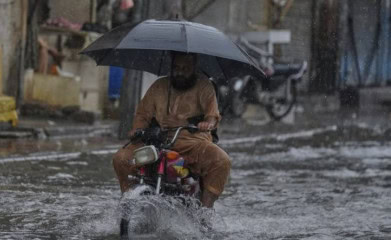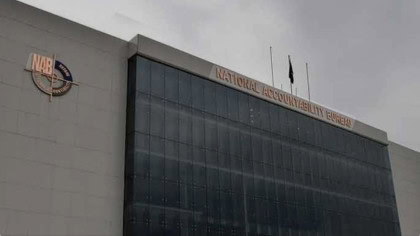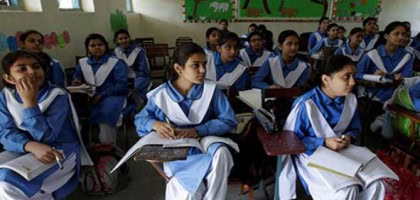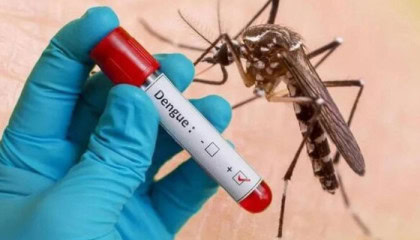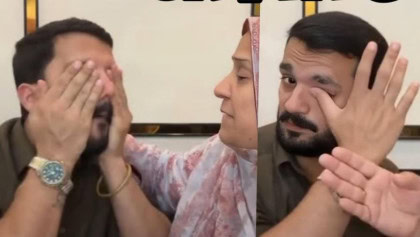The role of international non-governmental organizations (INGOs) in Pakistan has come under intense scrutiny, with multiple entities being investigated for alleged financial misconduct and actions detrimental to the country’s economic and policy framework. Concerns over INGOs misusing foreign aid for purposes beyond their stated missions are not unique to Pakistan. Similar concerns have been raised globally, prompting responses from various governments, including the United States under President Donald Trump, who advocated for stricter oversight of foreign aid leading to the freezing of U.S. Agency for International Development (USAID) funds.
Save the Children, a global NGO, was briefly barred from operating in Pakistan in 2015 over allegations of links to foreign intelligence activities. Though the ban was later lifted, concerns over INGOs misusing foreign aid for purposes beyond their stated missions have persisted. More recently, the Ministry of Interior (MOI) has launched an investigation into the Campaign for Tobacco-Free Kids (CTFK) and Vital Strategies, both of which are funded by Bloomberg Philanthropies. These organizations have continued operating in Pakistan without proper registration, allegedly disbursing funds to local entities without due diligence. Critics argue that under the guise of tobacco control, they have facilitated the exponential growth of illicit cigarette trade, resulting in a staggering tax revenue loss of approximately PKR 300 billion, as per findings by the Institute for Public Opinion Research (IPOR). While 54 percent of cigarette brands sold in Pakistan are illicit, these organizations have failed to acknowledge or address the issue, raising concerns about their true motives.
Fawad Khan, spokesperson for Mustehkam, commented on the matter, stating, “It is deeply troubling that entities claiming to work for public health have remained silent on the rampant illicit trade in Pakistan. There are growing concerns that these INGOs have not prioritized addressing illicit trade, despite their public health mandates. Their inaction, coupled with allegations of financial mismanagement, calls for a thorough investigation into their operations.”
The issue of INGOs misusing funds has remained a global concern, with reports of financial misallocation, embezzlement, and even indirect support for activities against national interests. In response to such concerns, Trump has taken decisive action by freezing substantial USAID funding, leading to the suspension of 39 projects valued at over $845 million in Pakistan. These projects, which spanned critical sectors such as energy, economic development, education, and humanitarian assistance, were halted as part of a broader effort to reassess the efficacy and transparency of foreign aid expenditures.
There have been speculations that approximately $17 million in USAID funds had been misused, with some reports alleging financial mismanagement. While these claims remain unverified, they have fueled calls for increased oversight of international funding. The allegations surrounding INGOs like CTFK and VS mirror the concerns that led to Trump’s foreign aid freeze, raising questions about the true intentions of such organizations and the effectiveness of international funding mechanisms.


